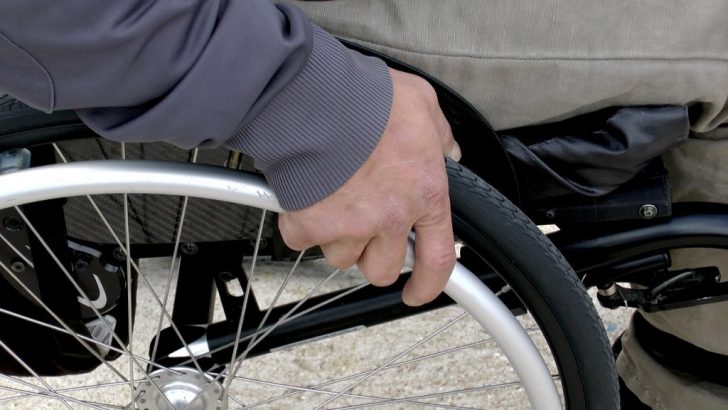You can’t tell that nothing bad will happen to you. That’s not a foreboding but sadly, it’s the reality for all of us, therefore it’s a fair warning. While you can’t say if life will throw you a curveball, it pays to be prepared just in case the dreadful might happen. We’re talking about injuries that may leave you off from work for weeks, months, or sometimes forever. Hoping it would not happen, but if it does, are you financially secured?

Disability insurance can help you a lot in times of emergencies
It is easy to say that you are doing fine now, eating at least three times a day, being able to pay the bills on time, and saving a little for retirement. However, can you say the same when you suffered an injury that will leave you unable to perform your duties?
Enter disability insurance, which should cover your expenses in the event that something bad happens to you at work. Contrary to common knowledge, it’s not limited to injuries sustained at the office, which is why you may have to think deep and hard if you need insurance.
A Lot of People Depend on You

If you’re a breadwinner, you can’t risk being unsure of the future
Either you’re the head or the breadwinner of the family, you can’t afford to lose income. Many mouths depend on you and needless to say, your earning capacity is crucial to sustaining them and yourself. This is a big reason you need to invest in disability insurance.
When something bad happens to you, this will help you stay afloat and in turn, your dependents as well. During application, you will be asked how much do you want to receive per month and for how long will you receive the sum.
Your Office Doesn’t Offer Insurance
Employers usually give short-term insurance for a disability that is more burdensome for you than the long-term kind. The offer typically pays just half of your earnings for just three to six months, which is a loss for you.
Remember, the office only shoulders a portion of your dues and it would depend entirely on them. So if an injury would leave you disabled that you can’t work, then it’s going to be a big problem on your end.
This is why Policygenius professionals suggest getting long-term insurance, which is more cost-friendly and comprehensive. If something bad happens, this will pick up just after your short-term left, or sometime between three months to one year after the accident – also called the elimination period.
You Still Have Debts to Pay

Millennials carry student loan problems in the workplace
If you’re still young and think that you’re far from incidences that may leave you paralyzed for the rest of your life, then you’re wrong. Accidents can happen anytime, anywhere, and nothing can make this worse than having multiple debts.
Of course, you’re fine when you have a steady cash inflow, but when the worst happens, the sudden cut in income may leave you scrambling to find the money. This means that you need to take your monthly balance payment into account in choosing your policy so when the time comes that you need to stop working, then your coverage may do the trick for you.
